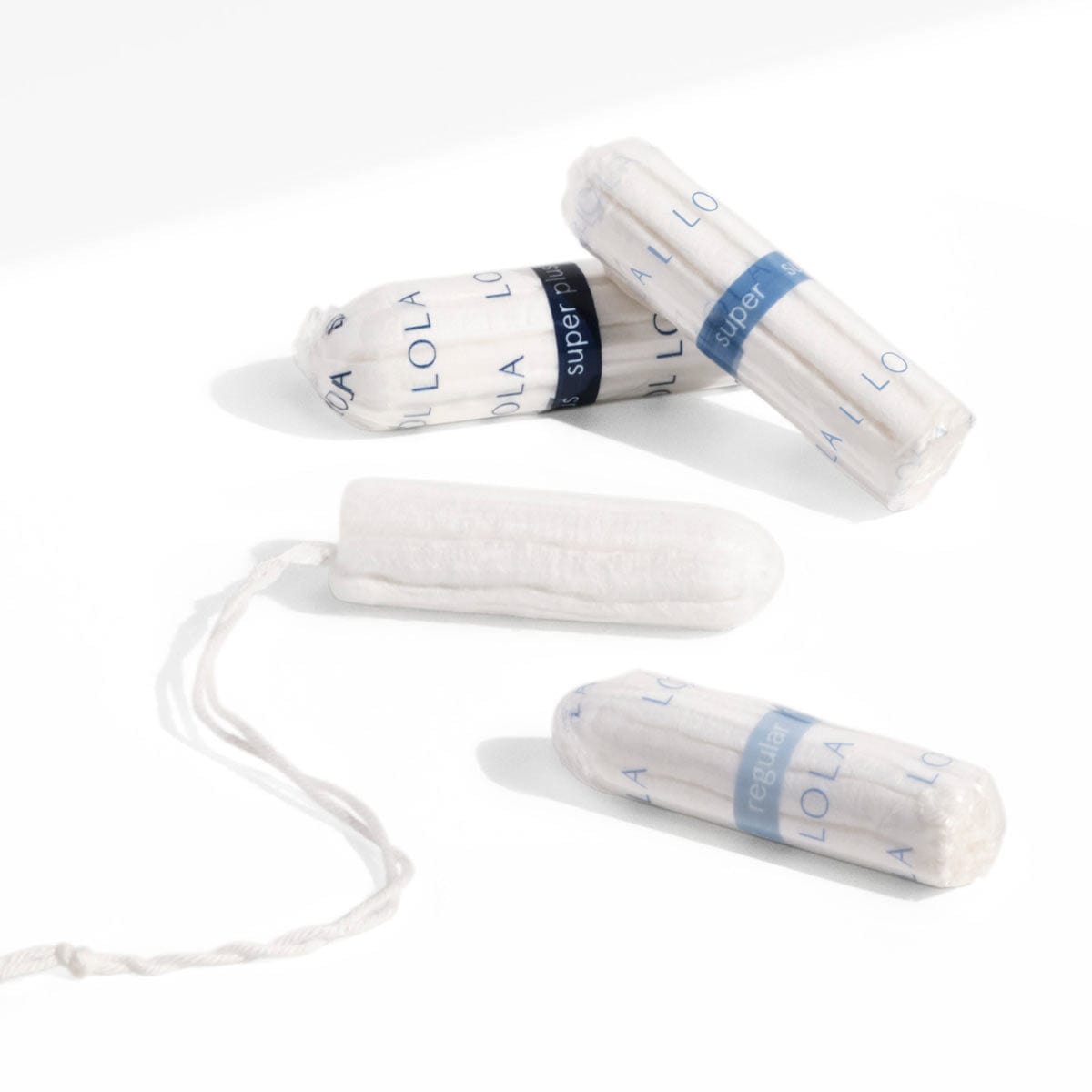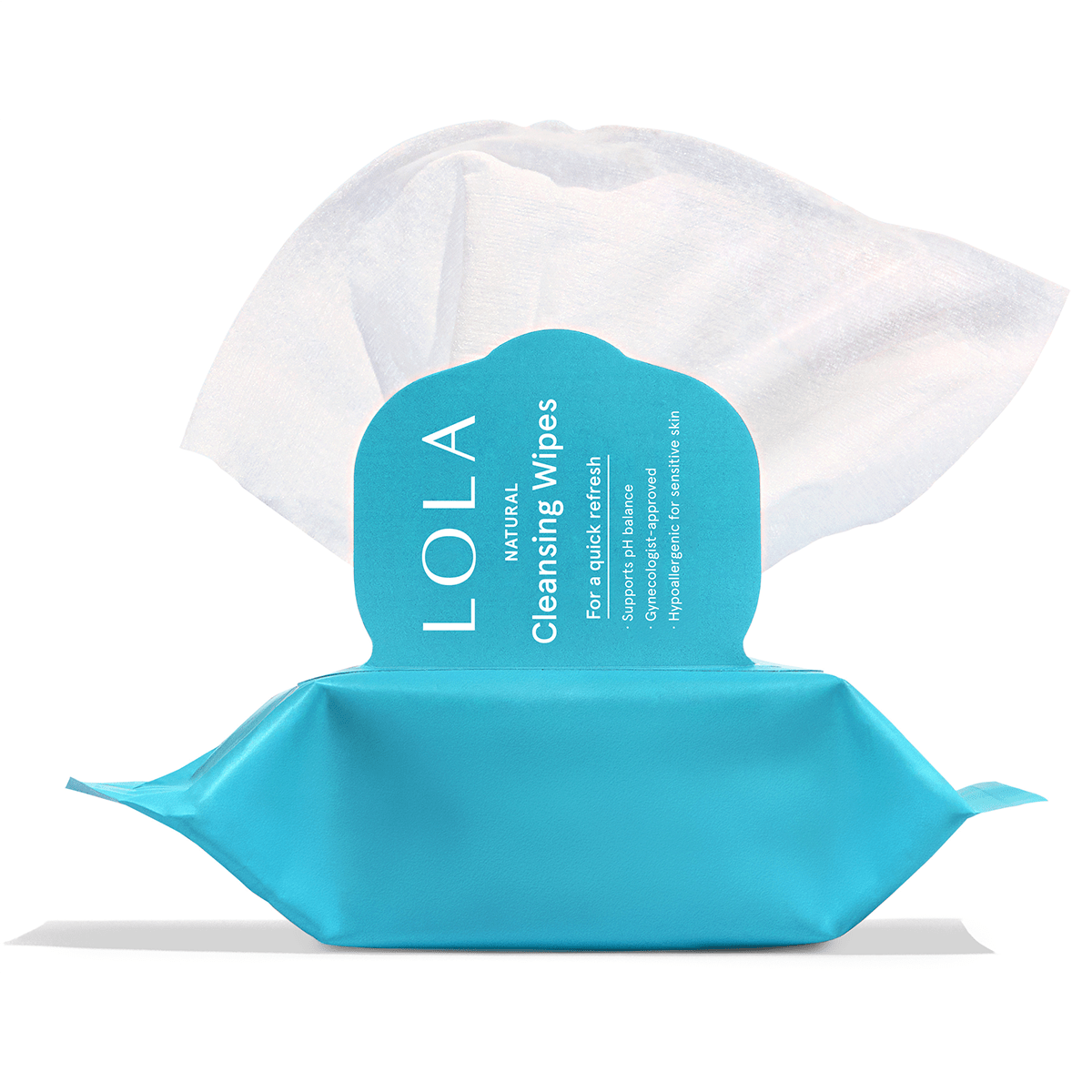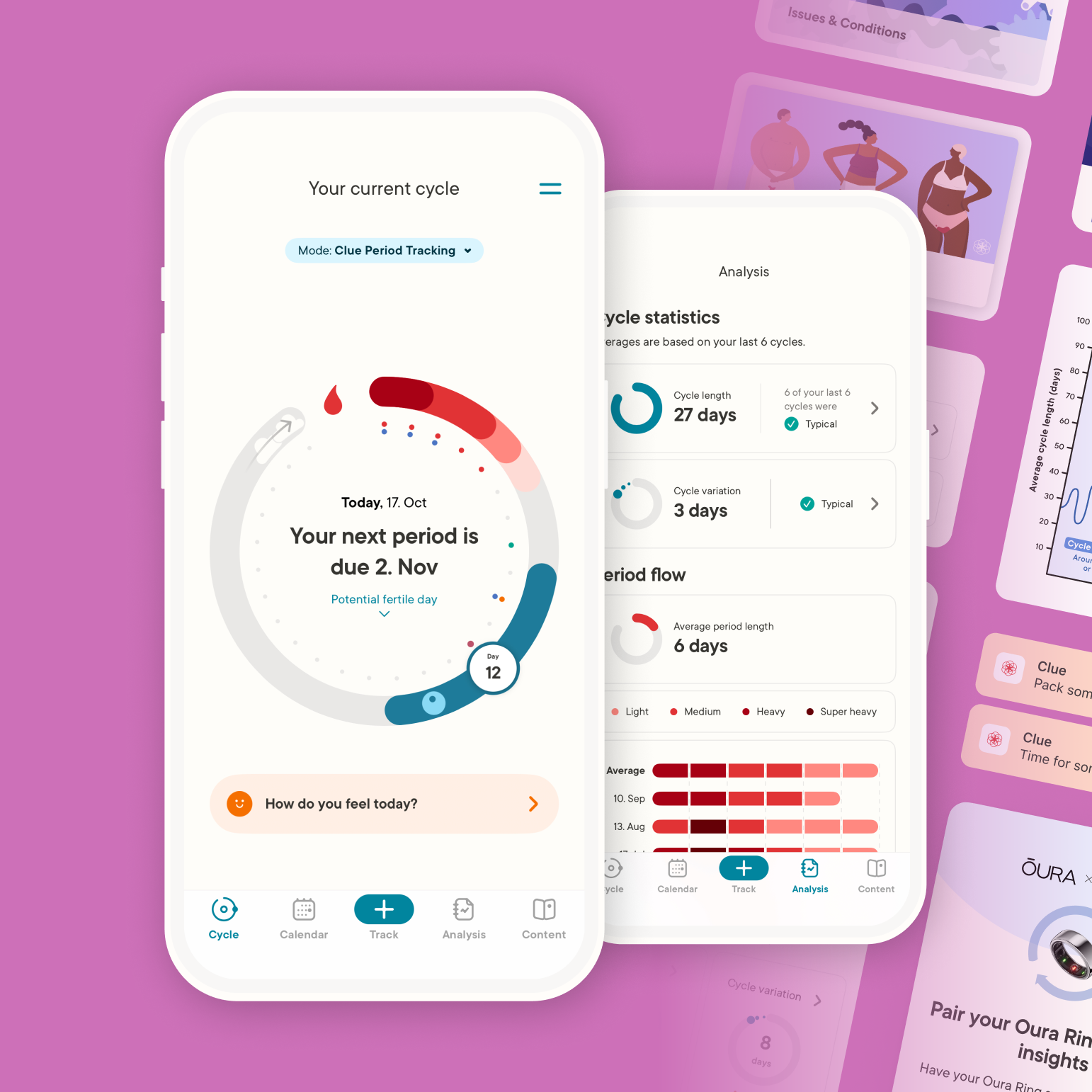Four mornings a week I drop my five-month-old daughter off at a high-quality daycare five minutes from my apartment. I know she is safe and well cared for by trained professionals. Her mostly organic food is made on site. For this service, my fellow parents and I pay an average of $275 per month.
I did nothing special to deserve this; I'm not rich or well connected. But by chance my life path led me to give birth in France instead of my native United States. And like all of the industrialized world except the U.S., France views paid maternity leave and access to childcare as a right instead of a luxury. Even for non-citizens like me.
France's state-run "crèche" daycare system is one of several government programs helping mothers stay in the workforce here. The parental leave afforded to all women working in France includes a minimum of 16 weeks paid time off, job protections, monetary "baby bonuses" and small monthly payments based on income to help with new costs. Fathers have also recently had their paid paternity leave doubled to four weeks. These leave policies support gender equality in the office and also at home: men who take leave are more likely to play an active role in their young child's care.
These leave policies support gender equality in the office and also at home.
When having a baby doesn't mean potentially losing your job or spending all your savings, pregnancy isn't as daunting of a decision. When childcare is subsidized, women don't feel the same pressure to give up their careers.
France views the wellbeing of mothers and babies as a public concern "“ but it's not like there's nothing in it for the state. These programs incentivize moms to continue working, and also to have larger families (France has the highest birthrate in Europe). Working women are good for the economy and more children means more future taxpayers to fund generous social programs.
On a personal level, these maternity protections allowed me to focus on my baby and recovery without fear of losing my job or healthcare. I didn't worry whether I'd have money to cover daily expenses or have to consider compromising my health or the health of my baby by returning to work before I was ready.
Why didn't my mom deserve the same? Why shouldn't my sister be given time to heal without financial anxiety? Each year millions of Americans with brand-new babies aren't as lucky: the U.S. remains the only industrialized nation without guaranteed paid parental leave and 84% of American women give birth without it. Nearly a quarter return to work within 10 days after birth, still bleeding, because they can't afford not to.
The U.S. remains the only industrialized nation without guaranteed paid parental leave.
The choices don't get easier after recovery from birth. When I lived in New York City, each year I watched female coworkers leave the workforce once they had children, unable to find childcare compatible with their demanding jobs or so expensive it didn't make financial sense.
Motherhood is highly celebrated in America (just look at the praise heaped on Supreme Court nominee Amy Coney Barrett for having seven children) but you're basically on your own until kindergarten when it comes to childcare. The reason the U.S. has resisted setting up a national nursery network like European nations isn't because of economics or a lack of need " nearly three in four American mothers work. And such a network did exist during WWII when women replaced men fighting overseas. More likely it's moral judgment holding the U.S. back: 80% of Americans say one parent (more often the mom) should ideally be at home or only work part-time when kids are young. In the minds of most Americans "good mothers" still don't focus on a job.
There is no such stigma attached to mothers who work in France "“ across the political spectrum childcare is seen as both a private and public matter. Paris alone has 750 highly-regulated public nurseries for children from 2.5 months to 3 years old. Parents contribute on a sliding scale based on income, but the state covers 82 percent of the $18,000 per year it costs to care for a child. And unlike in the U.S., crèche is widely seen as the ideal " preferable to a nanny. I danced around my apartment when I got the notice my daughter was allotted a coveted spot.
The French system is not perfect. There aren't nearly enough places in public crèches for the demand, though the government also helps subsidize nannies or other forms of private care. The state never tells families, "Sorry, you're on your own."
Meanwhile American moms are on their own more than ever during the ongoing coronavirus pandemic. If the balancing act they pulled off before Covid-19 was hard, it's now nearly impossible. You simply can't have a full-time job and care for kids schooling at home. Still, plans to re-open state economies don't include childcare programs, which means even more mothers will be forced out of the workplace with lasting economic consequences. And its expected hundreds of thousands of American women simply won't have babies next year, forgoing pregnancy if they don't know whether their jobs or healthcare will be there.
American moms are on their own more than ever during the ongoing coronavirus pandemic.
I'm going back to work this week, in the middle of a pandemic, backed by a foreign government that believes in supporting motherhood. I wish my own country believed its working moms deserved the same.













